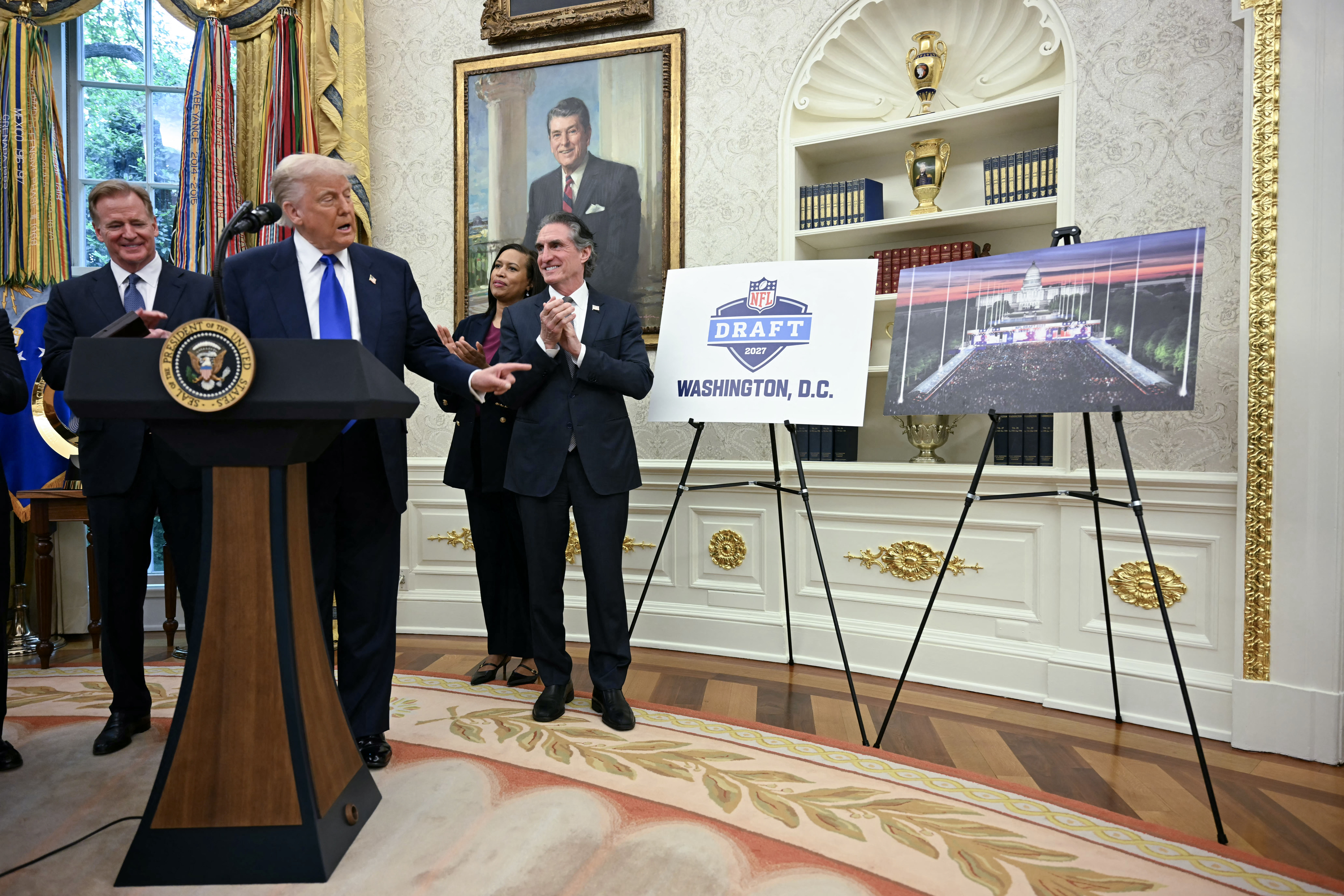
Talking politics at work has increased more this election cycle than others.
The Society for Human Resource Management in Alexandria, Virginia, said that when compared to previous years, 44% of HR professionals report intensified political volatility at work in 2020. In 2016, only 26% reported increased political volatility compared to prior elections.
It also notes that 80% of organizations in its survey have not set any formal guidelines on communicating about politics at work.
“I’m not surprised,” Amber Clayton, SHRM’s Knowledge Center director, told WTOP. “In my experience, and I’ve been in HR for over 20 years, I think there has always been a perception or unwritten rules about discouraging or avoiding those conversations about race, religion and politics in the workplace.”
Even with formal policies in place, political discussions and debates among office co-workers are still going to happen.
“The thing is that working Americans spend about as much time with their colleagues as they do with their families at home,” Clayton said. “We know this is something that is bound to come up.”
Though formal policies on political discussions are not common, policies on political statements are, with 74% of HR professionals saying their organizations have prohibited political attire or accessories that endorse or oppose political candidates, parties or social movements.
Seventeen percent of workers surveyed report being uncomfortable working with colleagues who hold different political views.
SHRM suggests organizations set clear and consistent guidelines that are aligned with their organization’s mission and values on what is acceptable behavior at work, and not banning political debates, but creating an environment for constructive discussions.
“As employers look at their diversity, equity and inclusion programs, they should really think about incorporating conversations in the workplace,” Clayton said. “They are going to happen anyway, so they should create that culture of trust and openness, and they will make for a better workplace.”
While 80% of organizations surveyed don’t have formal guidelines for talking politics at work, 41% discourage it. The SHRM survey found 32% of American workers are worried about how the election’s outcome will impact their workplace and 25% say they feel the 2020 election is causing more political division than the 2016 election.
SHRM’s survey included responses from 1,005 American workers and responses from almost 500 HR professionals.









